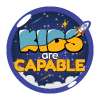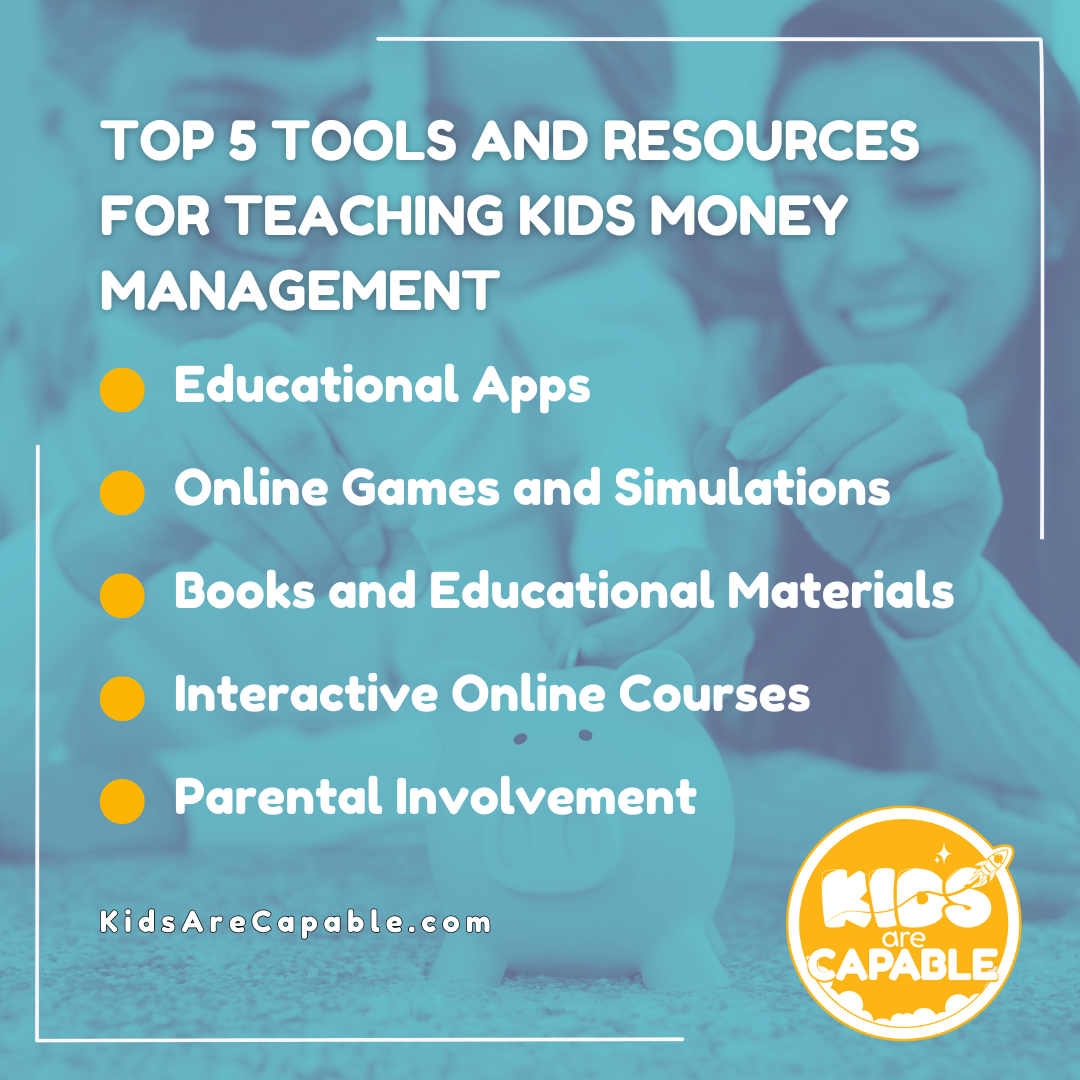With the rise of cashless transactions and online banking, it’s more important than ever to equip kids with the skills they need to navigate their financial futures. Here are some of the most effective tools and resources available to help children understand and manage money in the digital age.
1. Educational Apps
Educational apps can make learning about money fun and interactive. Here are a few highly recommended ones:
- PiggyBot: This app is designed for young children to manage their allowances and savings goals. It helps kids visualize their spending and saving habits. Learn more about PiggyBot
- Bankaroo: Created by a kid for kids, Bankaroo teaches budgeting and financial planning through virtual banking. Discover Bankaroo
- Greenlight: Greenlight is a smart debit card for kids that allows parents to allocate funds and set spending limits. It also offers educational resources to teach financial literacy. Explore Greenlight
2. Online Games and Simulations
Interactive games and simulations can help children learn financial concepts in a playful way:
- Money Metropolis: This game from Practical Money Skills helps children understand the consequences of their financial decisions in a virtual city. Play Money Metropolis
- Financial Football: Another resource from Practical Money Skills, this fast-paced, interactive game combines the rules of football with financial questions. Try Financial Football
3. Books and Educational Materials
Books can provide foundational knowledge and spark interest in financial literacy:
- “Money Savvy Kids” by Susan Beacham and Lynette Khalfani-Cox: This book offers practical advice for parents and educators on teaching children about money. Find “Money Savvy Kids” on Amazon
- “The Berenstain Bears’ Trouble with Money” by Stan and Jan Berenstain: A classic children’s book that introduces basic financial concepts through a beloved bear family. Get “The Berenstain Bears’ Trouble with Money” on Amazon
4. Interactive Websites and Online Courses
Several websites and courses offer structured learning paths for children:
- Khan Academy: Khan Academy offers a variety of lessons on financial literacy for kids of all ages, complete with interactive exercises. Visit Khan Academy’s financial literacy section
- Jump$tart Coalition: This organization provides a clearinghouse of financial literacy resources tailored for different age groups. Explore Jump$tart Coalition
5. Parental Involvement and Practical Experience
Nothing beats real-world experience and parental guidance:
- Allowance and Chore Tracking: Apps like ChoreMonster and RoosterMoney help parents track chores and allowances, teaching kids the value of earning money. Discover ChoreMonster Explore RoosterMoney
- Family Budget Meetings: Involving children in family budget discussions can provide hands-on learning experiences. Discussing monthly expenses, savings goals, and financial decisions helps kids understand real-world applications of money management.
Conclusion
Teaching children about money management in the digital age is an essential step in preparing them for a financially responsible future. By leveraging these tools and resources, parents and educators can make financial literacy engaging, accessible, and effective. For more tips on raising financially savvy kids, check out additional resources from Practical Money Skills and The Money Advice Service.
By providing children with the knowledge and tools they need, we can help them build a strong financial foundation that will serve them well throughout their lives.

